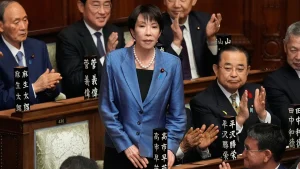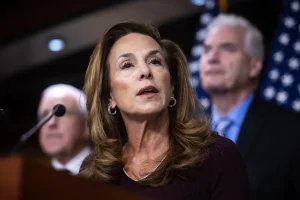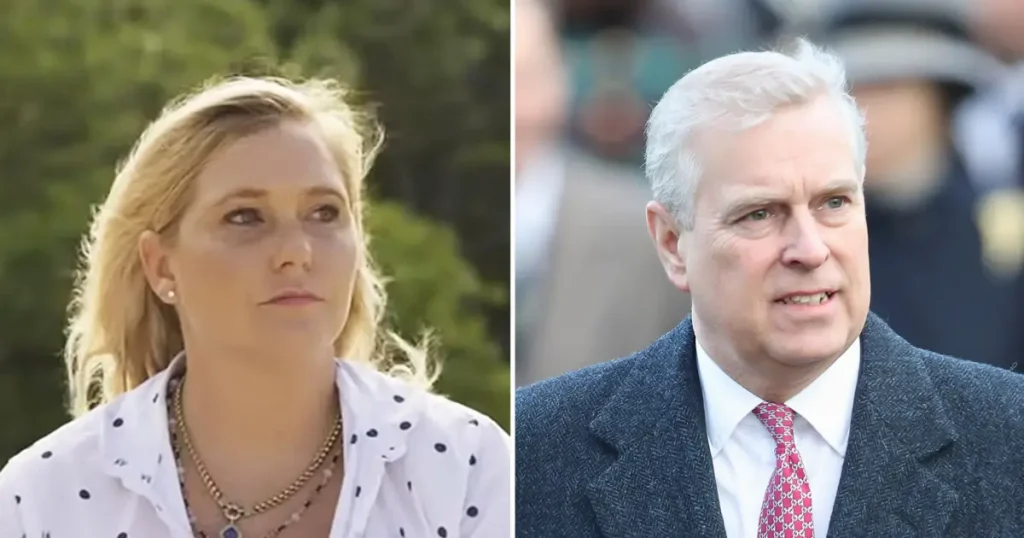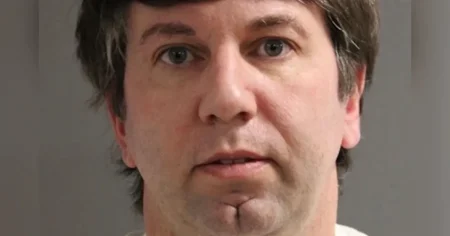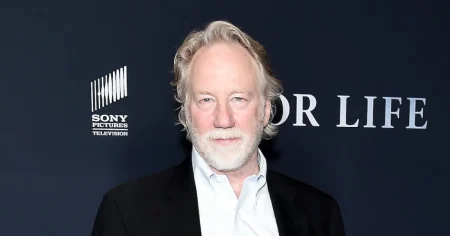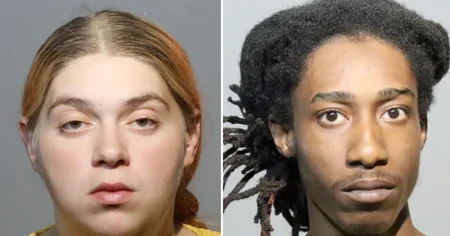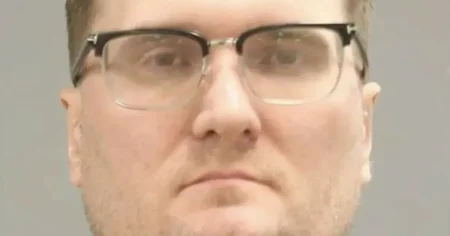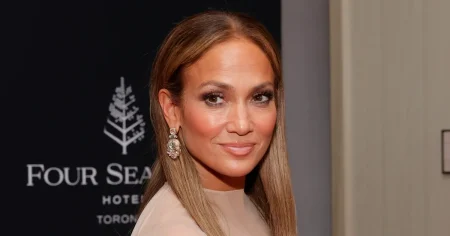Virginia Giuffre’s Posthumous Allegations Against Andrew Mountbatten Windsor
In a previously unseen 2019 BBC Panorama interview that recently came to light, Virginia Giuffre, who died by suicide in April 2025 at age 41, made significant new allegations against disgraced royal Andrew Mountbatten Windsor. This interview resurfaced following the October 2025 decision by King Charles III to strip his brother of royal titles amid ongoing scandal. Giuffre had long alleged that Jeffrey Epstein and Ghislaine Maxwell directed her to have sex with Mountbatten Windsor on at least three occasions, including when she was 17 in 2001. The newly revealed footage provides a more detailed account of these alleged encounters and their impact on Giuffre, coming shortly after the publication of her posthumous memoir. While Mountbatten Windsor consistently denied any wrongdoing throughout his life, these revelations have reignited public scrutiny of his relationship with Epstein and the accusations against him.
Perhaps the most disturbing revelation from the unearthed interview was Giuffre’s account of how Maxwell allegedly instructed her regarding Mountbatten Windsor following their meeting at London’s Tape nightclub in 2001. “Ghislaine tells me that I have to do for Andrew what I do for Jeffrey, and that made me sick,” Giuffre recounted in the footage. She expressed particular disillusionment that such behavior would come from a member of the royal family, saying, “I didn’t expect it from royalty. I didn’t expect from someone who people look up to and admire in the royal family.” This statement underscores the profound betrayal Giuffre felt, not just as an alleged victim of abuse, but specifically because of Mountbatten Windsor’s privileged position and public standing. The contrast between his public role and his alleged private behavior formed a central part of Giuffre’s testimony.
Giuffre’s description of how Mountbatten Windsor allegedly treated her reveals the dehumanizing nature of her claimed experiences. “I was a toy. I was there to be passed around,” she stated in the interview, before adding with palpable emotion, “But I was still a human being with feelings and emotion and sadness. And to know that this man had daughters, that he was still capable of abusing me. It just doesn’t make sense.” She directly challenged Mountbatten Windsor’s infamous 2019 claim that he never met her, stating plainly: “He knows what happened, I know what happened. And there’s only one of us telling the truth.” The situation intensified in 2025 when alleged emails between Mountbatten Windsor and Epstein from 2010-2011 emerged, in which Mountbatten Windsor supposedly wrote, “It would seem we are in this together and will have to rise above it.” This correspondence apparently contributed to King Charles’s October 2025 decision to initiate the formal process of removing his brother’s royal titles, requiring him to surrender his lease on Royal Lodge and move to “alternative private accommodation.”
Beyond her allegations against Mountbatten Windsor, Giuffre provided disturbing insights into the dynamics between Jeffrey Epstein and Ghislaine Maxwell. Having been allegedly recruited into Epstein’s circle by Maxwell while working at Donald Trump’s Mar-a-Lago resort in 2000, Giuffre suggested that Maxwell was sometimes “more physically abusive” than Epstein himself. “She almost took pleasure in the fact, knowing that you were highly uncomfortable and that you were feeling sick to your stomach and that you were going through pain,” Giuffre alleged in the interview. These claims add to the growing body of testimony about Maxwell’s alleged active role in Epstein’s operations, moving beyond portraying her as merely Epstein’s accomplice to suggesting she derived independent satisfaction from the abuse of young women.
The legal aftermath of these allegations has been complex and ongoing. Giuffre sued Epstein for recruiting her into a sex trafficking ring in 2009, eventually reaching a private settlement. She also settled a defamation case against Maxwell in 2017. More recently, she sued Mountbatten Windsor for sexual assault and battery, reaching a private settlement in 2022. Epstein, originally convicted in 2008 on two prostitution charges including solicitation of a minor, served just two years under a controversial plea deal before his 2019 suicide following federal sex trafficking charges. Maxwell was sentenced to 20 years in prison in June 2022 after being convicted of multiple sex trafficking charges, though she maintains her innocence and has publicly sought a pardon from President Trump. These legal proceedings represent only a fraction of the broader fallout from Epstein’s extensive network of abuse.
The emergence of this interview and Giuffre’s posthumous memoir serves as a sobering reminder of the lasting trauma experienced by victims of sexual abuse, particularly when perpetrated by powerful individuals. Giuffre’s suicide in April 2025 tragically underscores the lifelong impact of such trauma. Her final testimonies – both in the previously unseen interview and her memoir – stand as her lasting effort to hold accountable those she accused of exploitation and abuse. The recent stripping of Mountbatten Windsor’s royal titles marks a significant institutional acknowledgment of the seriousness of these allegations, even as he continues to deny them. For many observers, these developments represent a delayed but necessary reckoning with powerful figures who may have long believed themselves beyond the reach of consequences for their alleged actions.
